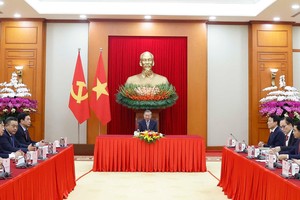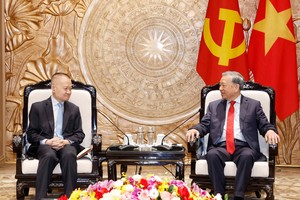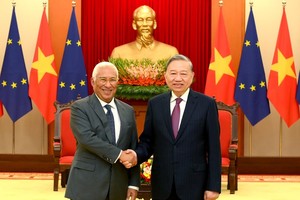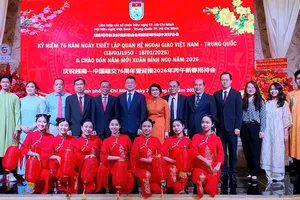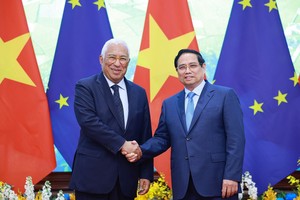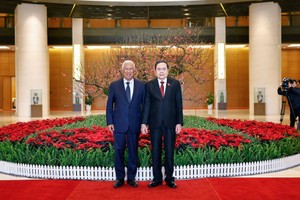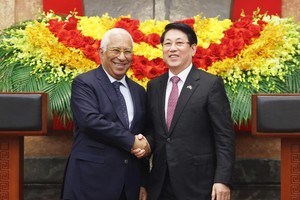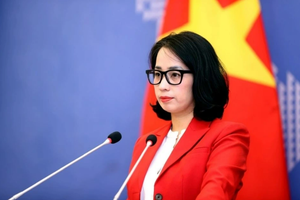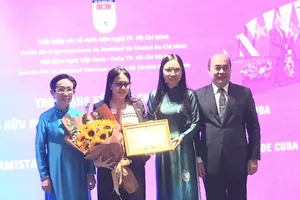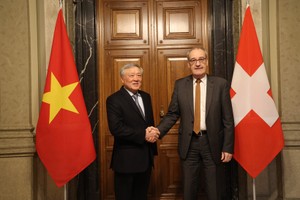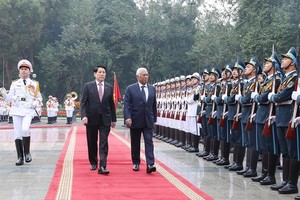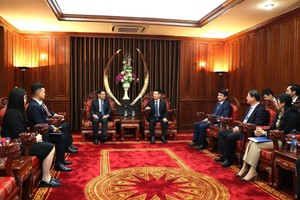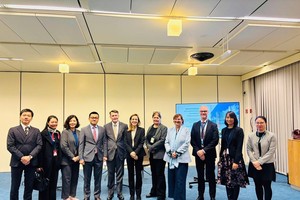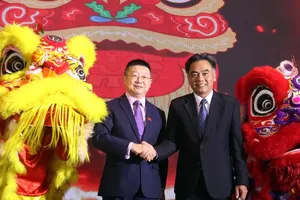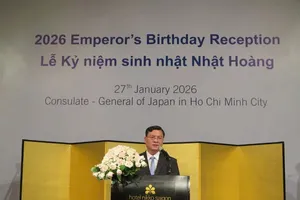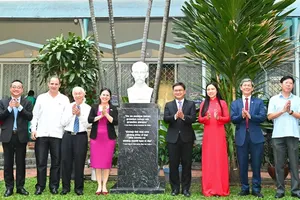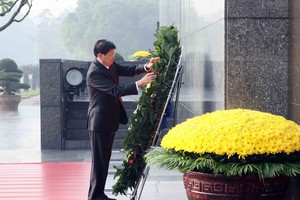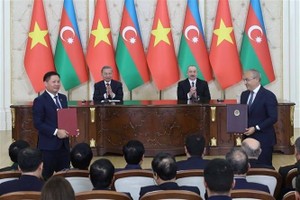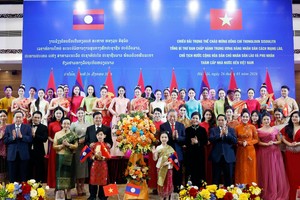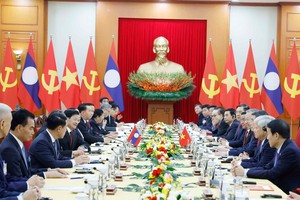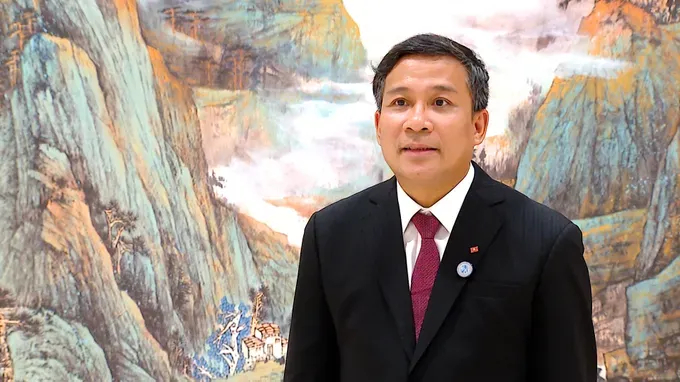
The Prime Minister’s participation in the Shanghai Cooperation Organization (SCO) Summit was particularly fruitful, yielding two significant achievements.
First, as an invited guest, Prime Minister Pham Minh Chinh delivered an address to the summit. He highlighted Vietnam's support for, respect of, and commitment to the fundamental principles of the United Nations Charter and international law. He also reaffirmed the Party and State's consistent foreign policy and Vietnam's active contributions to regional and global peace, cooperation, and development.
In particular, the Vietnamese Prime Minister presented three proposals from Vietnam including advancing multilateralism, solidarity, and international cooperation in addressing both traditional and non-traditional security challenges; enhancing mobilization of resources for development and strengthening global governance capacity; and consolidating mutual trust, understanding, and mutually beneficial cooperation especially among neighboring countries as a basis for deepening comprehensive regional and global connectivity.
Second, within the framework of the summit, the Prime Minister and the high-level Vietnamese delegation held productive bilateral meetings with leaders of numerous countries across Southeast Asia, Central Asia, South Asia, and Southeastern Europe, as well as with heads of several international organizations. These engagements helped reinforce and further deepen Vietnam’s bilateral relations with its partners in areas aligned with the country’s development priorities, particularly strategic infrastructure, agriculture, energy, nuclear power, digital transformation, and green transition.
Throughout the visit, the Chinese side accorded Prime Minister Pham Minh Chinh and the high-level Vietnamese delegation a warm and respectful reception, reflecting the host country's special regard for Vietnam. In meetings with General Secretary and President Xi Jinping, as well as in talks and a banquet hosted by Chairman of the Chinese People’s Political Consultative Conference Wang Huning, the two sides reached consensus on major measures to advance bilateral relations under the “six greater orientations,” with three key focuses: effectively implementing existing joint statement, strengthening strategic exchanges and promoting defense–security cooperation as a central pillar, and maintaining close multilateral coordination to address shared regional and global challenges.
On substantive cooperation, both sides agreed to comprehensively connect their two economies, particularly in railways, energy linkages, and expanded cooperation in science–technology and innovation. China expressed support for advancing the considerations study of the Lao Cai–Hanoi–Hai Phong railway project, and actively exploring cooperation in financing, loans, workforce training, and railway industry development. The two sides also agreed to expand China’s imports of Vietnamese agricultural products and accelerate the development of smart border gates. These areas of cooperation are highly practical, serving the breakthrough development needs of both countries in the next stage. The Prime Minister also met with leading Chinese enterprises in various sectors to immediately advance concrete cooperation projects.
Regarding maritime issues, both sides agreed to continue seriously implementing high-level common understandings on better managing and resolving differences; to respect each other's legitimate and lawful interests in accordance with international law, particularly the 1982 United Nations Convention on the Law of the Sea (UNCLOS); and, together with ASEAN countries, to promote substantive, effective, and legally consistent negotiations on a Code of Conduct in the East Sea. The goal is to jointly build a peaceful, stable, and favorable environment for the development of both nations and the region.
The two sides also concurred on strengthening cultural connectivity, expanding people-to-people exchanges, and jointly organizing activities within the framework of the Vietnam–China Year of People-to-People Exchange, marking the 75th anniversary of diplomatic relations, as well as youth programs such as the 'Red Journey' of study and exchange. These efforts are intended to solidify the 'public opinion foundation' underpinning bilateral relations.
